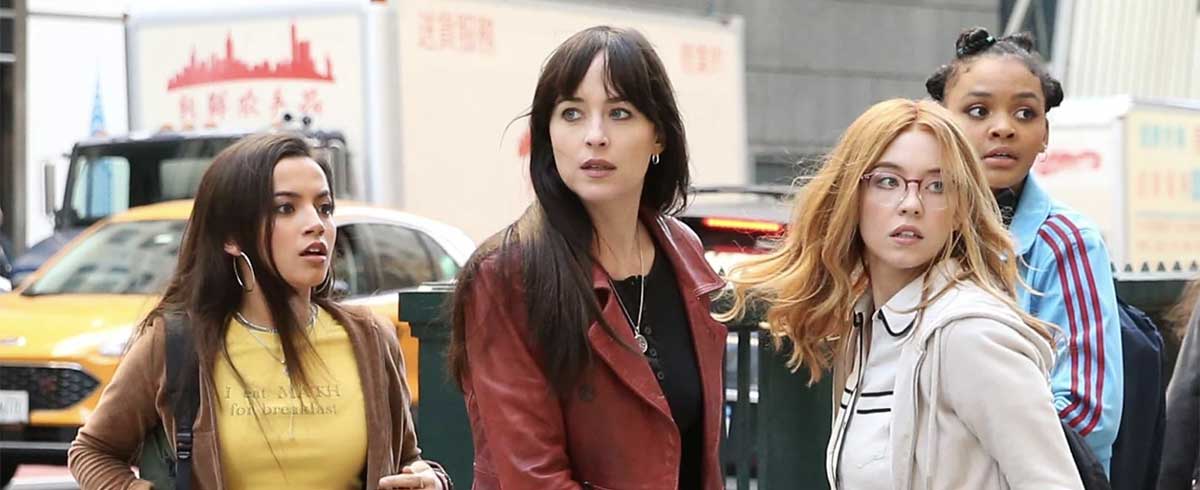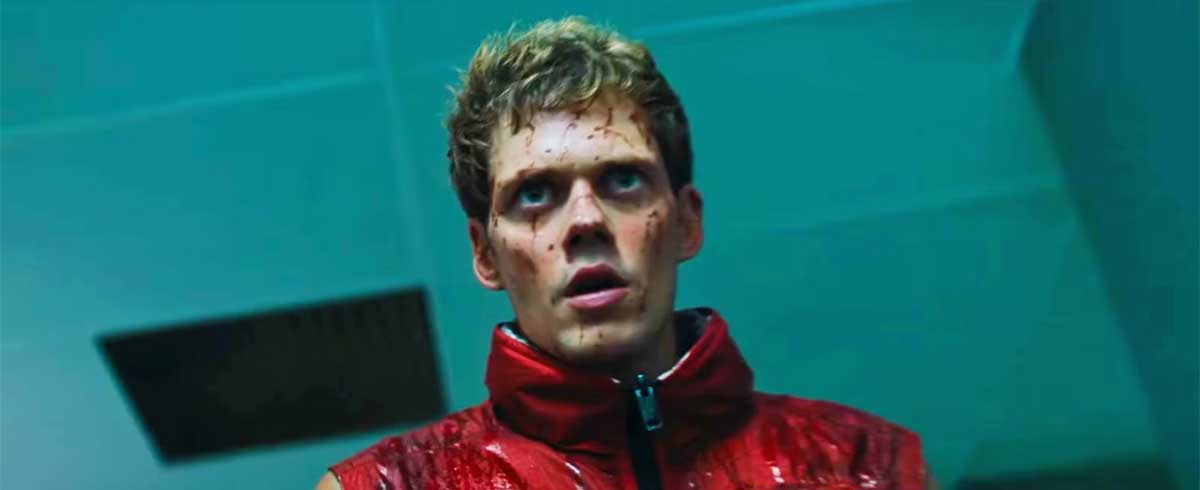
Glass Movie Review
The problem with M. Night Shyamalan is that he shoots for the stars. When he’s successful, we all win. And when he misfires, we get The Happening. His latest, Glass, is the worst kind of M. Night Shyamalan film, an out-there concept that neither works at its core nor as a satisfying piece of entertainment.
To be clear, Unbreakable is one of my favorite movies of all time. I’d rank it in my top five of this century (which, interestingly, I only gave a B+ at the time). It is a superhero movie that doesn’t look or feel like a superhero movie. It is grounded, methodical, and immensely satisfying in its delivery and its surprise ending.
Split is pretty good, too.
Glass, a sequel to both, left me about as angry as I’ve ever been walking out of a theater. As I told the studio rep moments later, the first third is solid. The middle third is boring. The final act is fucking awful, a disgrace of storytelling, filmmaking, and, yes, fan service that doesn’t work in any way or form. It’s downright infuriating.
I’ve been waiting for a sequel to Unbreakable for nearly two decades, eager to see what David Dunn would become once he has embraced the fact that he is seemingly invincible and can detect people’s sins. In hindsight, we never should have asked for a sequel. Unbreakable worked best as a movie about a man trying to discover his purpose—once that journey was complete, there was nowhere for the story to go, at least not in a way that betrays everything that was good about the original. Now that Dunn has accepted his purpose—as a hero—how can the story not become something much more ordinary?
It’s the equivalent of a monster movie that reveals its monster too early. The good stuff is all in the anticipation, the buildup, but once you see the monster it’s time to wrap things up. That’s how Shyamalan handled Split—The Beast, the superpowered, animalistic identity trapped within the body of a man suffering from split personality disorder, only appears at the end, just enough time to prove that, yes, a monster exists, and yes, he’s sort of creepy.
In Glass, none of it works. The Beast, now in the light for the world to see, is just James McAvoy screaming in a tonal growl, pretty damn silly when you’re subjected to it for two hours. McAvoy was fantastic in Split and he’s pretty good here—he certainly still gives it his all—but the various identities he plays are all just tedious this time around. We know the shtick and there’s nothing new to see here.
For a movie called Glass, Shayamalan sure gives short thrift to his Unbreakable stars. Bruce Willis seems to be barely in the movie, a man who is relegated to the background in order to give the villains breathing room. But Samuel L. Jackson’s Mr. Glass is a shell of his former self, too, a caricature ripped from a cheesy comic book more than the real, relatable and tragic person he was in Unbreakable.
And therein lies the problem. Comic books were certainly at the core of Unbreakable, but Shyamalan largely treated them as the prism through which Mr. Glass viewed the world, a twisted, simplistic perspective of right and wrong. But in Glass, Shyamalan brings this concept to the forefront to the degree that seemingly every character is reading comic books to better understand what’s going on and quoting the simplistic concepts contained within to explain why we should care about the wretched plot we’re being subjected to. As Glass progressed, any time a comic book was referenced several members of the audience chuckled in agony. I was one of them.
When you bring together two largely disparate movies (remember, Split only reveals itself to be tied to Unbreakable in a post-credits scene) and make a sequel to both, you end up trying to shove a lot of unnecessary characters into the story. Anya Taylor-Joy, the protagonist in Split, has absolutely no reason to be in this movie, and yet here she is, struggling to portray some bizarro version of her previously somewhat interesting character. Mr. Glass’s mom (Charlayne Woodard) is in this movie and is simply terrible and useless throughout. David Dunn’s son (Spencer Treat Clark) makes the most sense to return, but after the first act he is left looking wide-eyed and confused for the rest of the movie.
What would have worked better is if Shyamalan had simply continued David Dunn’s story. The first third of the movie is pretty good, bringing us back into Dunn’s life as he goes on “walks” to find bad people and deal with them accordingly. Police are looking for the mysterious vigilante known as the Overseer. He is obsessed with finding and stopping The Horde (McAvoy), who has kidnapped a group of cheerleaders to be his next meal.
What if Dunn had stopped The Horde/The Beast in this first act, and then the story had moved onto explore what life was like for him now? I would have been content with a movie where he just walked around touching people (not in that way) and then stopping bad people.
Instead, as advertised in the trailers, Dunn and The Horde end up in a psychiatric facility—the same facility where Mr. Glass is being held. Here we are introduced to Dr. Ellie Staple, a role played just awfully by Sarah Paulson. Glassat this point screeches to a halt and becomes increasingly boring as it meanders toward what hopefully will be a more explosive third act.
Instead, the third act, without spoilers, has Shyamalan going full-on worst-case-scenario Shyamalan, taking the story and characters in the absolutely worst direction possible. Never mind that he can’t film an action scene worth his damn—the climax is almost comical in how poorly staged it is—the movie simply becomes a disaster. I hated how David Dunn is handled. I hated how Mr. Glass is handled. The Beast, by this point, is just a silly joke, an angry henchman to be dealt with.
Shyamalan, being Shyamalan, of course tries to pull one over on us, but the twist, if you can call it that, lands with a resounding thud, perhaps an inkling of a good idea in there somewhere so poorly executed it’s downright baffling and fucking awful.
If you’re any kind of Unbreakable fan, you’ll probably walk out of the theater just as confused, frustrated, and angry as I was, angry at Shyamalan for making so many bad decisions and combining them into one giant bad decision—a film of false hopes and expectations shattered by reality, that sequels often suck and that Shyamalan, when he wants to get crafty, may produce an epic misfire like the one I just witnessed.
Review by Erik Samdahl unless otherwise indicated.






